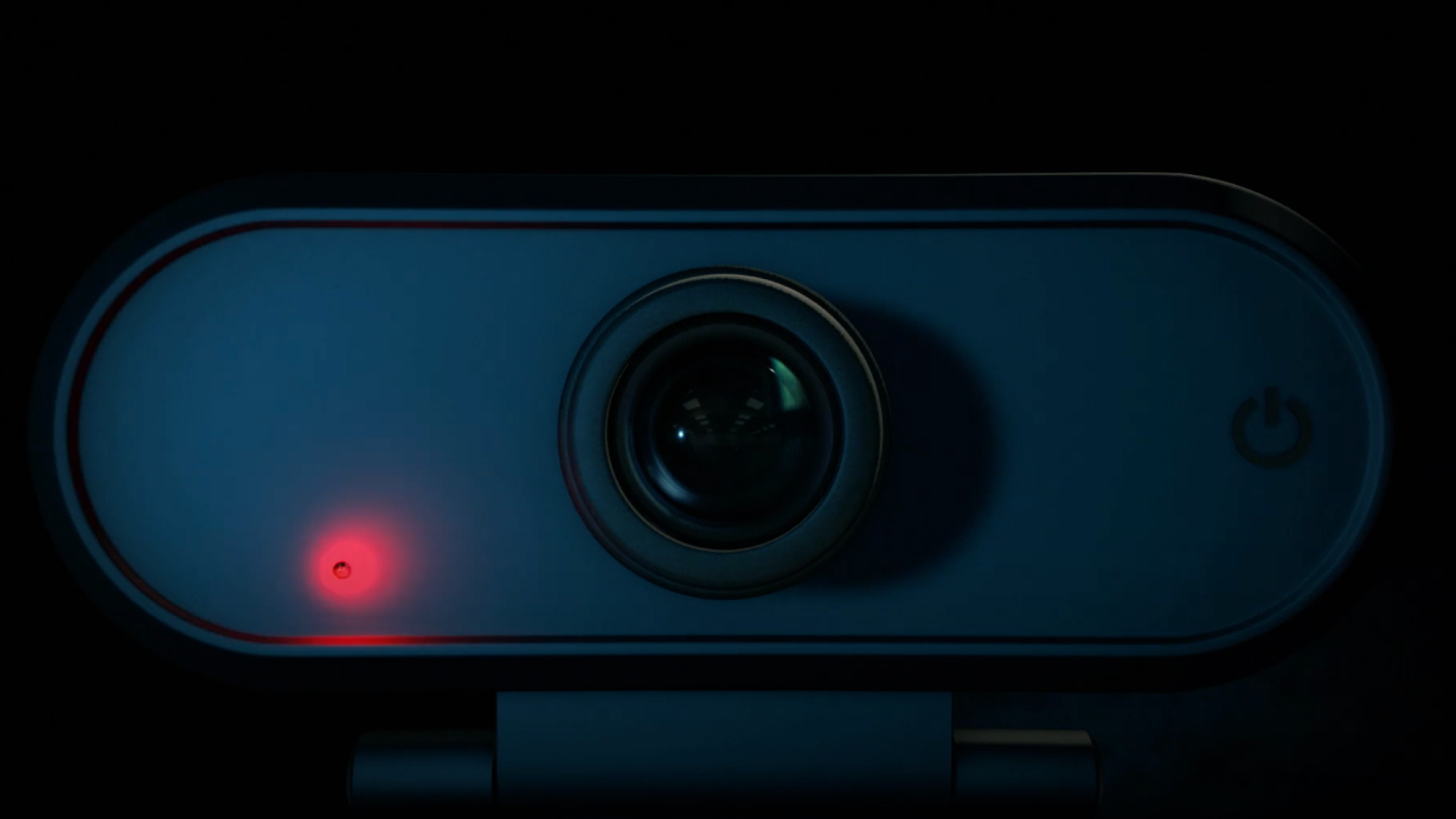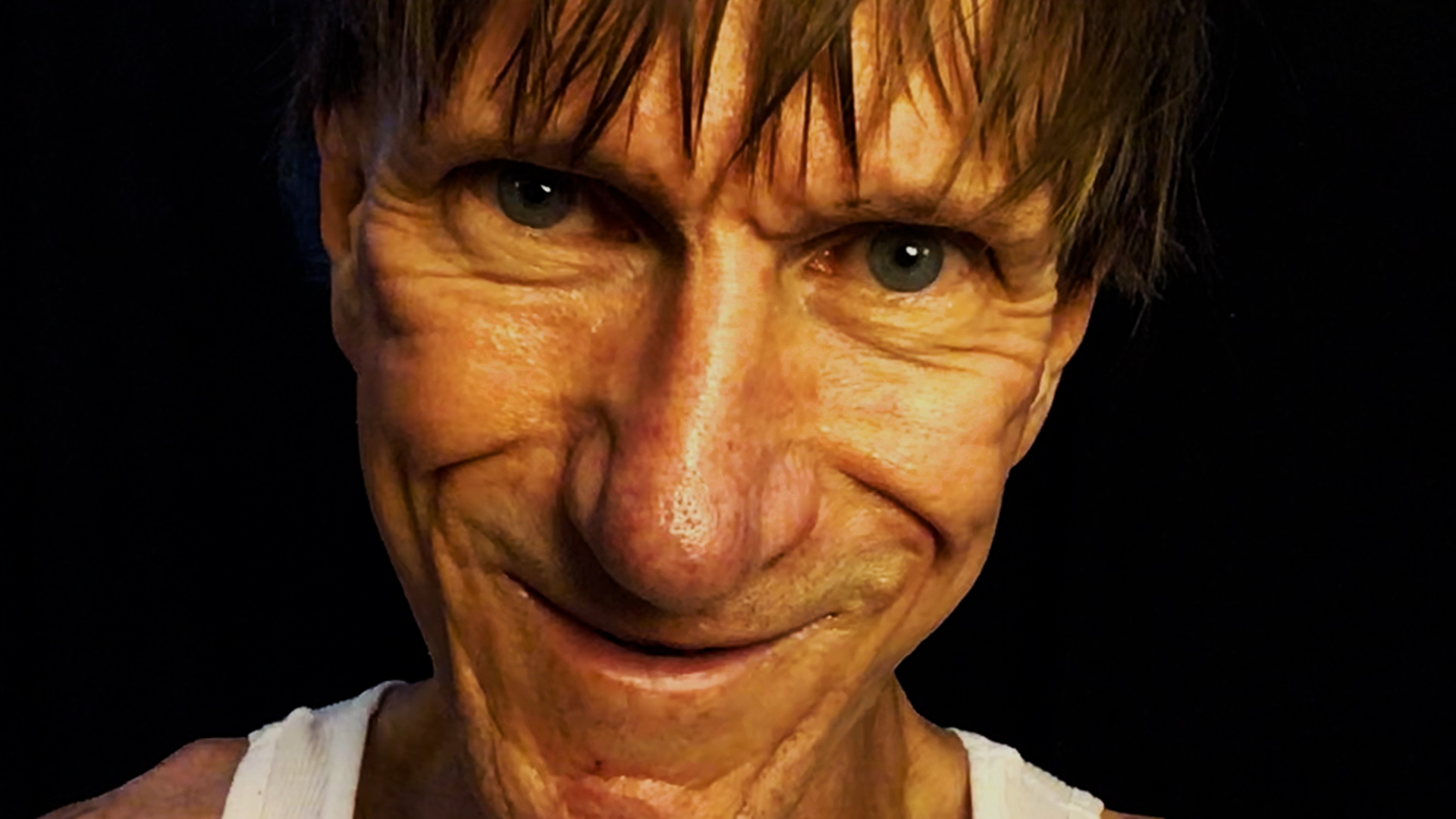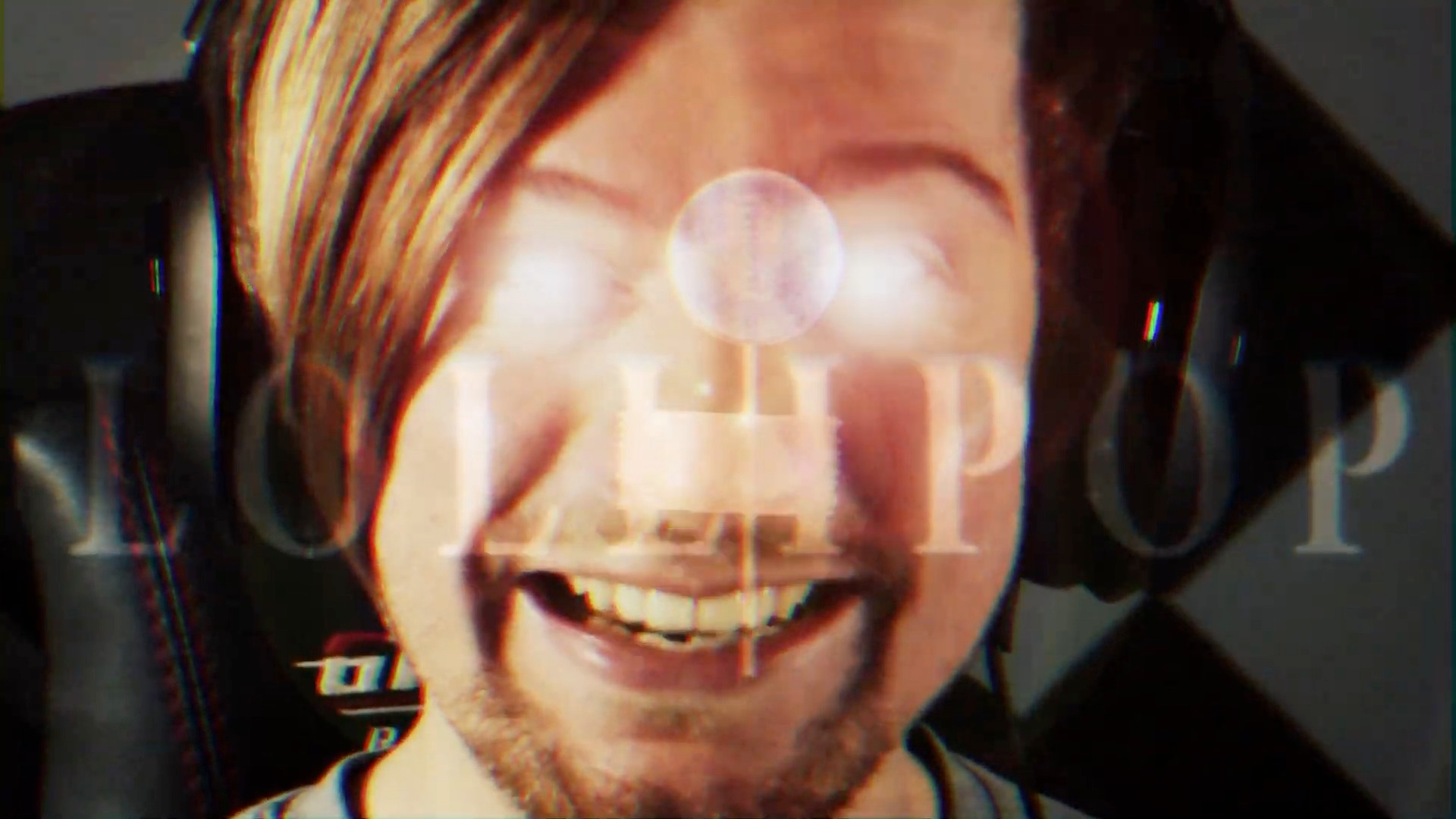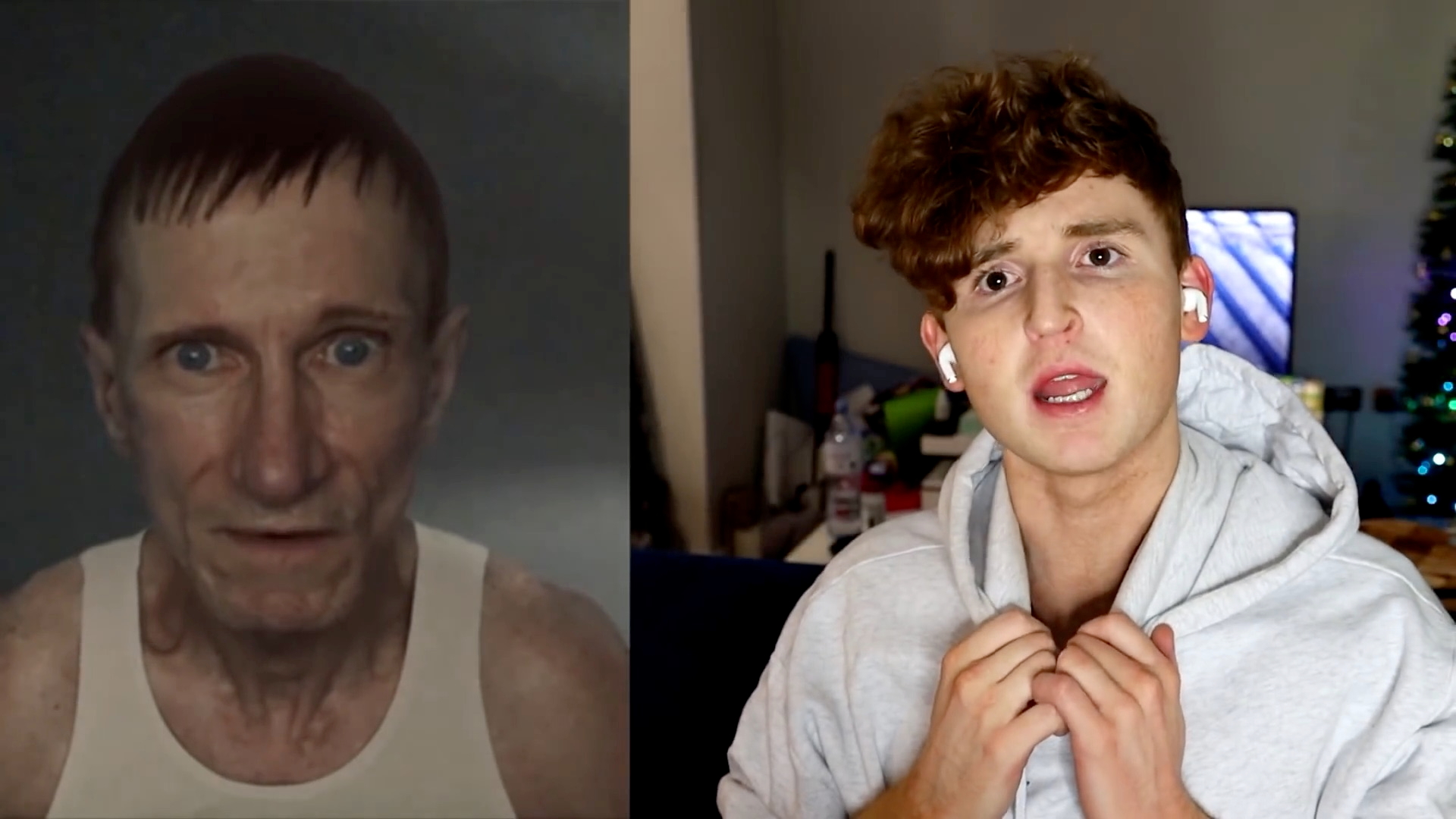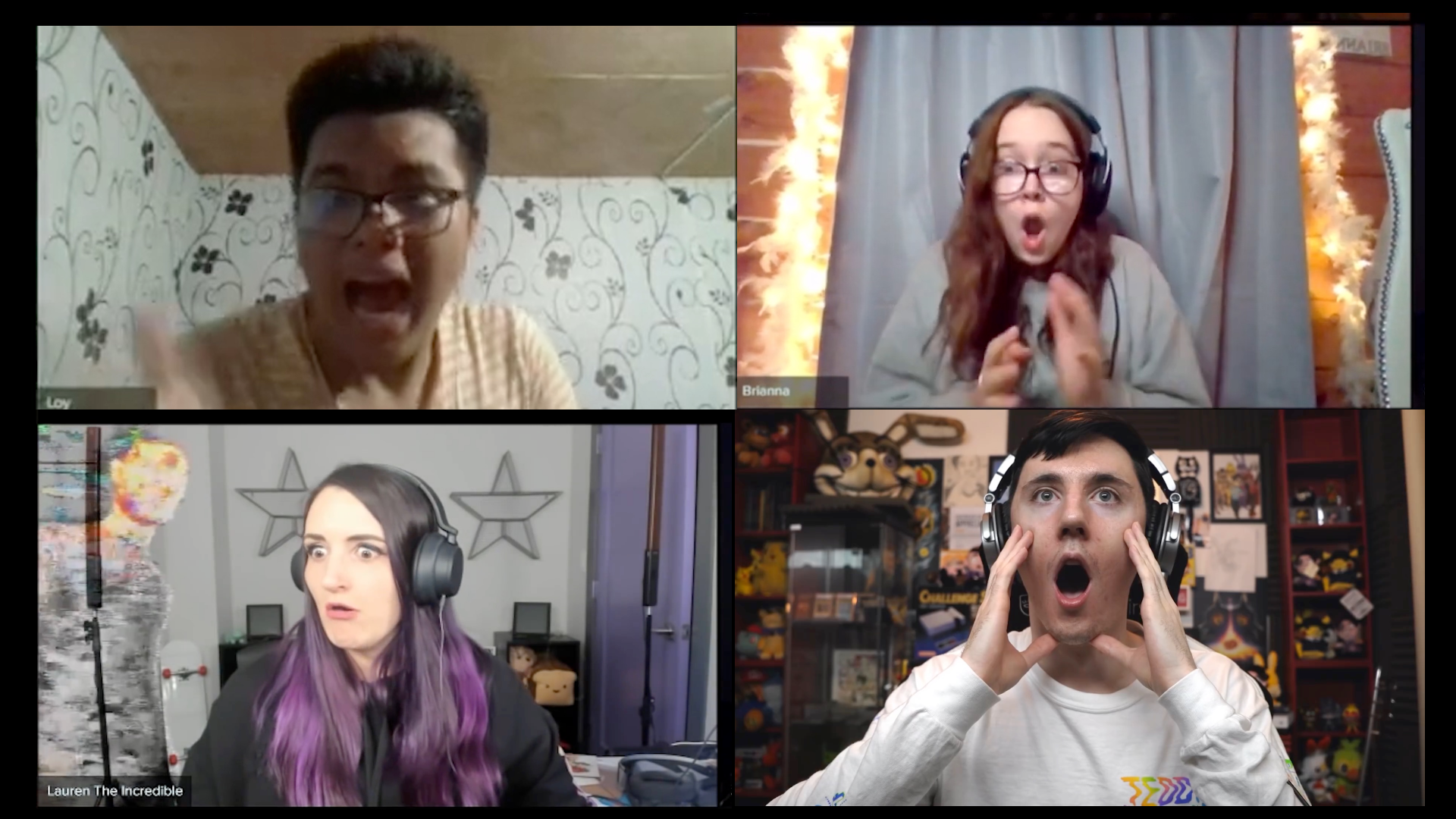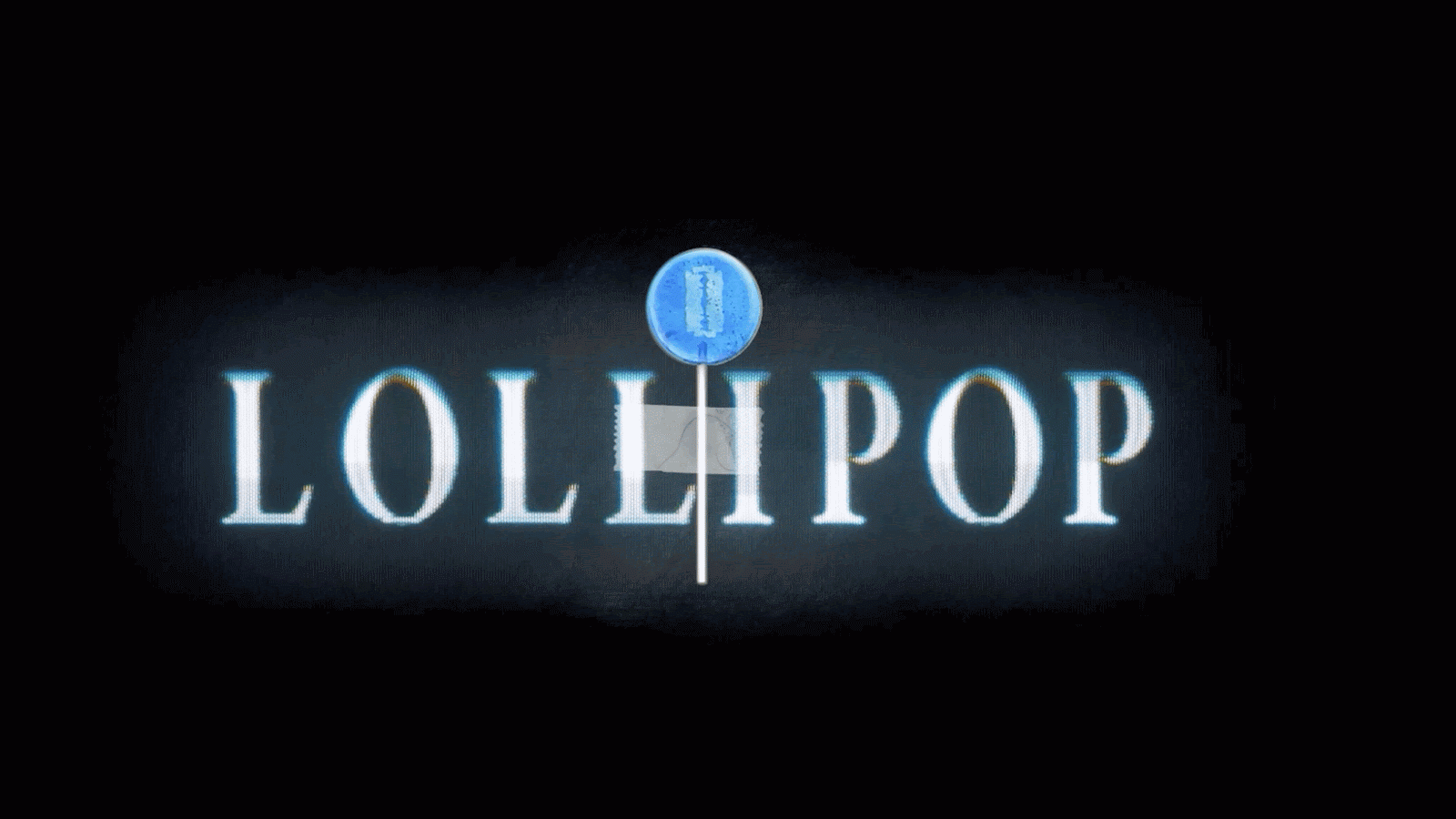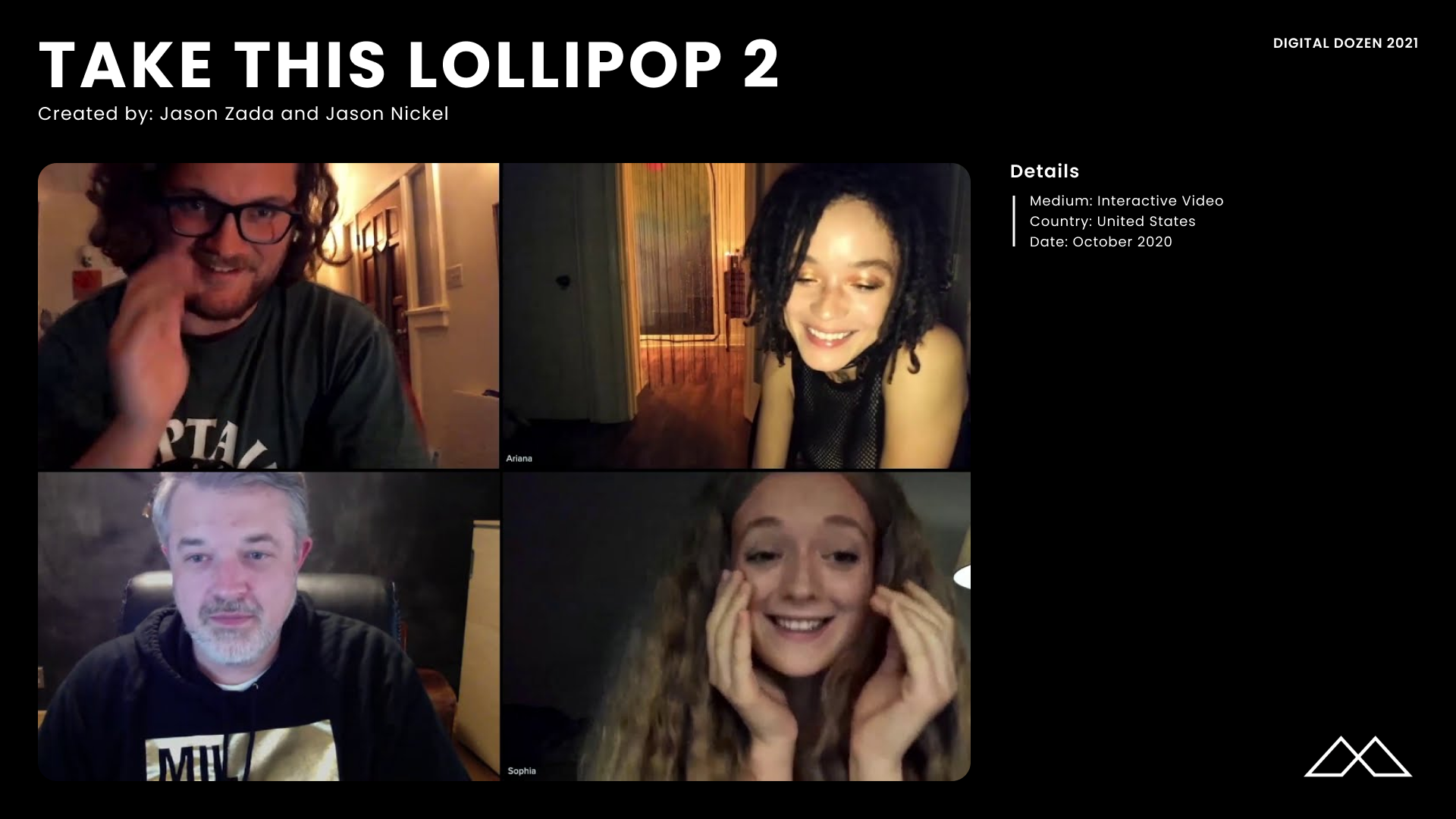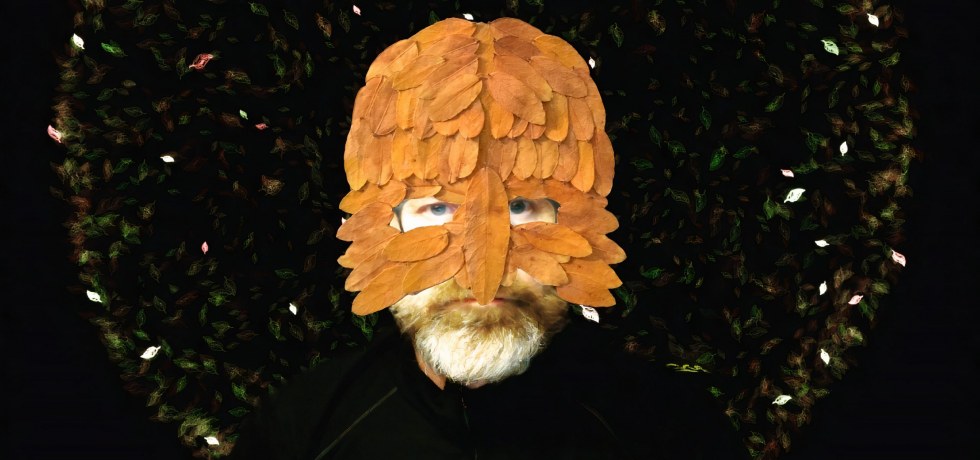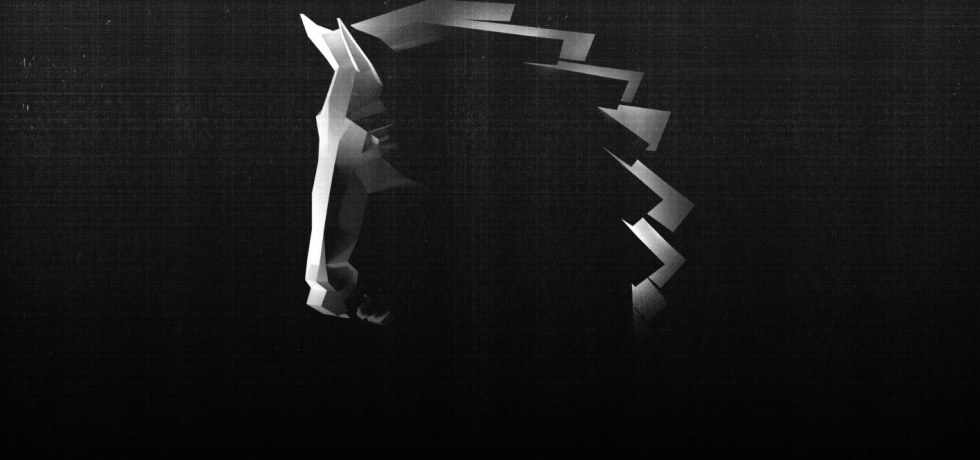Lollipop 2
“AI and deepfakes are so powerful now. Presidents, celebrities, and athletes have been deepfaked. The first Lollipop warned people of the dangers of sharing personal information online. Now we want to show the world how someone can actually become you.”
— Jason Zada
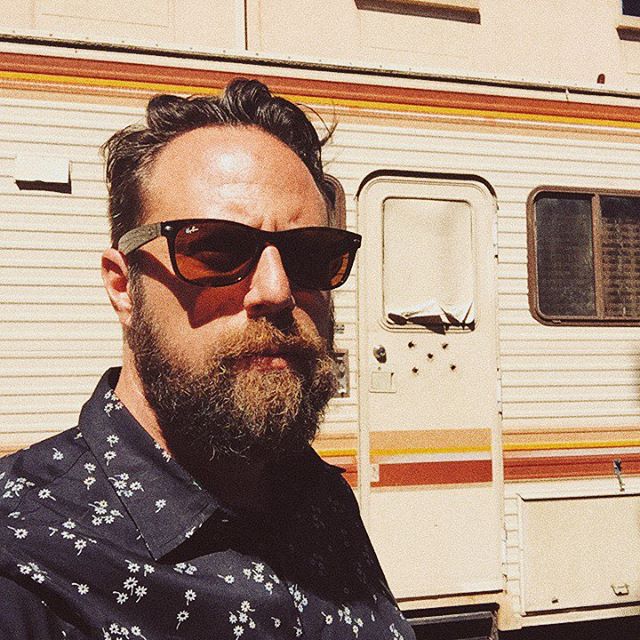
ABOUT THE CREATORS
Jason Zada (left) is an award-winning storyteller and director. His first feature film, The Forest, was released by Focus Features in 2016. Earlier he was recognized for the Emmy Award-winning cinematic personal experience “Take This Lollipop,” which has been seen by over 100 million people worldwide. The film gathered 13 million Facebook likes, making it the fastest-growing Facebook app of all time. Jason’s unique blend of multi-screen storytelling landed him among Adweek/Creativity’s Top 50 most influential creative personalities of 2012.
Jason Nickel is the founder of Nickel Media, a Halifax, Nova Scotia, company that specializes in multi-platform development. Nickel Media builds websites, dynamic videos and native apps for both Android and iPhone. Clients include HBO, Google, Airbnb, AT&T, Bungie, Land Rover, Molson Coors, Cold War Kids and Linkin Park.
THREE QUESTIONS FOR THE CREATORS
Why this? Why now?
We wanted to follow up the original Take This Lollipop from 2011 with a new take on personalized entertainment, this time using your webcam to bring you into the video. After the pandemic hit, everyone was going on Zoom calls, so we thought it would be a great way to bring a user into an experience.
What were you surprised to learn as you were making it?
The first version in 2011 took off pretty quickly since it was on Facebook and everyone started sharing it from the start. This time, we had a slow start and we weren’t sure we could replicate that same success from the first version since it was a much different time and audience. This experience was done as a website, without social media, so it wasn’t inherently connecting with online groups. After about a week though, people started making reaction videos and sharing them on TikTok, where it finally really took off instantly and had millions of views per day.
What was the most challenging aspect for you?
Funding the project with our own budget was a big challenge, since the server fees for processing and delivering the video were going to be very expensive. We looked at multiple ways of covering costs while not deterring people from entering the experience. In the end, we let people do it for free for the first few months while we offered a way to pay for a downloadable keepsake version at the end. Recently we moved to an upfront pay-to-play model to cover the costs.
